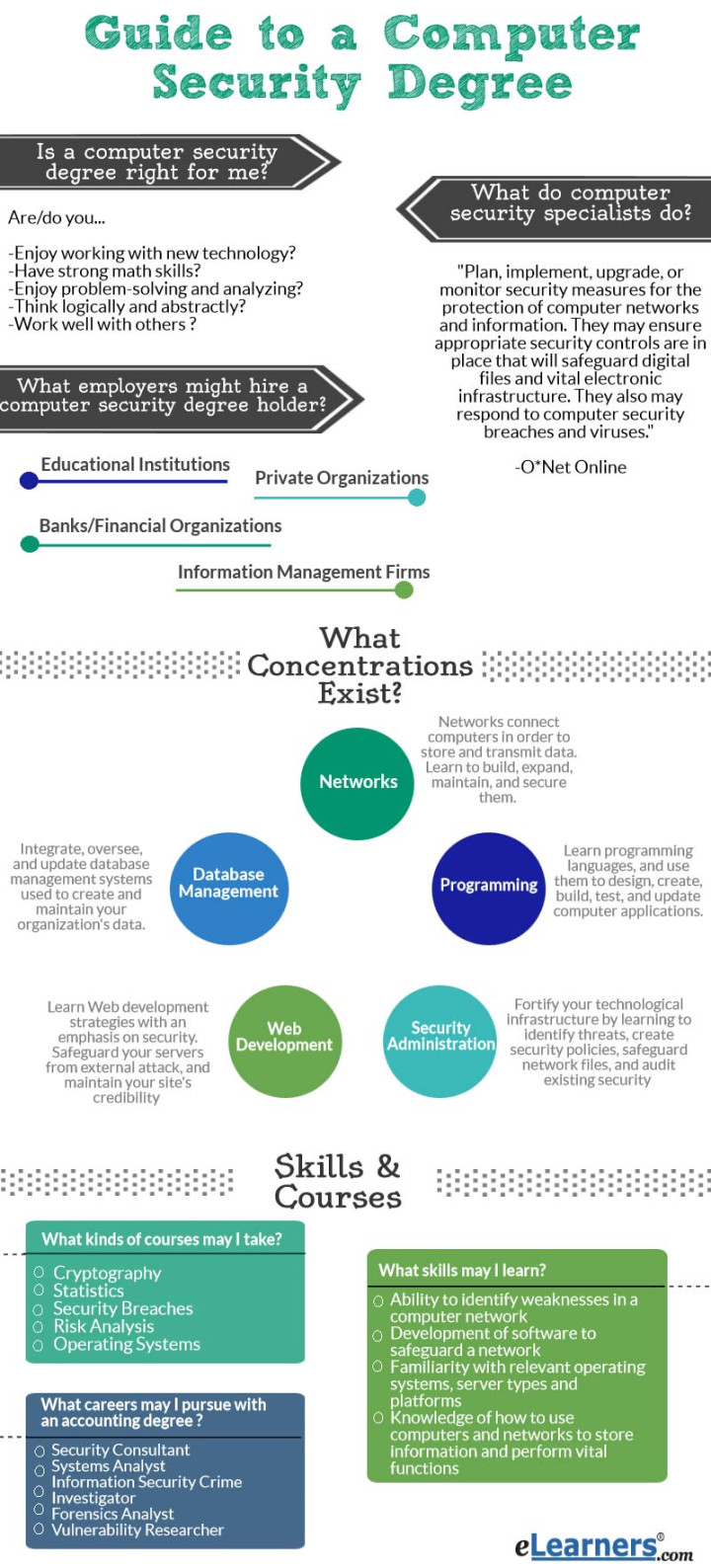Cyber Security Degrees: Everything You Need to Know
What do you mean by Cyber Security Degrees?
Cyber security degrees are academic programs that focus on preparing individuals for careers in the field of cybersecurity. These programs cover a wide range of topics, including network security, information security, and digital forensics. Students learn how to protect systems and data from cyber threats, as well as how to investigate and respond to security incidents.
How to Pursue a Cyber Security Degree?

There are various paths to pursuing a cyber security degree. One option is to enroll in a traditional four-year bachelor’s degree program in cyber security or a related field, such as computer science or information technology. Another option is to earn a master’s degree in cyber security or a related field, which can help you advance your career and specialize in a specific area of cybersecurity.
What is Known About Cyber Security Degrees?
Cyber security degrees are in high demand due to the increasing number of cyber threats facing organizations today. Graduates of cyber security programs can pursue careers as security analysts, network administrators, and cyber security consultants. These professionals play a crucial role in protecting sensitive information and preventing cyber attacks.
Solution to the Increasing Demand for Cyber Security Professionals

One solution to the increasing demand for cyber security professionals is to invest in education and training programs that prepare individuals for careers in cybersecurity. By offering cyber security degrees, universities and colleges can help meet the growing need for skilled professionals in this field. Additionally, organizations can provide on-the-job training and professional development opportunities to help current employees enhance their cyber security skills.
Information about Cyber Security Degrees
Cyber security degrees typically cover a range of topics, including network security, cryptography, digital forensics, and ethical hacking. Students learn how to identify vulnerabilities in systems and networks, as well as how to implement security measures to protect against cyber threats. They also gain hands-on experience using tools and techniques commonly used in the field of cyber security.
Conclusion
In conclusion, cyber security degrees are valuable credentials that can help individuals pursue rewarding careers in the field of cybersecurity. By enrolling in a cyber security program, students can gain the knowledge and skills needed to protect organizations from cyber threats and safeguard sensitive information. With the increasing demand for cyber security professionals, pursuing a degree in cyber security can lead to exciting job opportunities and a fulfilling career.
FAQs About Cyber Security Degrees
1. What job opportunities are available to graduates of cyber security degrees?
Graduates of cyber security degrees can pursue careers as security analysts, network administrators, and cyber security consultants.
2. How long does it take to earn a cyber security degree?
The time it takes to earn a cyber security degree depends on the program and level of study. A bachelor’s degree typically takes four years to complete, while a master’s degree can take an additional two years.
3. Are there online programs available for cyber security degrees?
Yes, there are online programs available for cyber security degrees that offer flexibility for working professionals and individuals with busy schedules.
4. What skills do students learn in a cyber security degree program?
Students in a cyber security degree program learn a range of skills, including network security, cryptography, digital forensics, and ethical hacking.
5. How can pursuing a cyber security degree benefit my career?
Pursuing a cyber security degree can benefit your career by providing you with the knowledge and skills needed to secure sensitive information and prevent cyber attacks, as well as opening up job opportunities in the growing field of cybersecurity.




